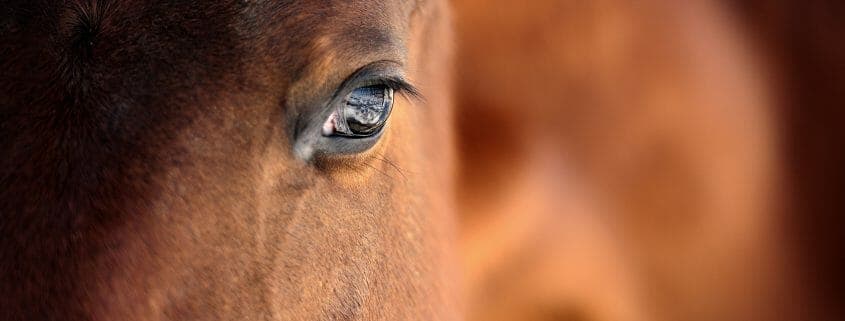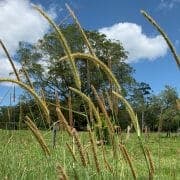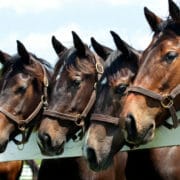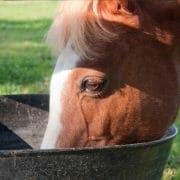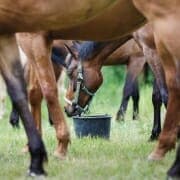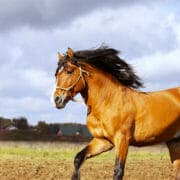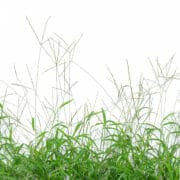ACTH + PPID (formerly Cushing’s): What’s New
A brief review of some recent findings related to ACTH levels in horses and its use as a diagnostic test for PPID.
Clear breed differences in ACTH levels in normal horses
A normal autumn seasonal rise in ACTH was observed in ponies, Andalusian horses and Standardbreds however the greatest increases were seen in ponies (range 45.5-146pg/ml) and Andalusian horses (range 38.7-84.8pg/ml) [1]. Interestingly, one pony had an ACTH of 146pg/ml in mid-Autumn but had returned to 17.9pg/ml by late autumn.
Diet can impact the result of ACTH values
In aged horses (18-24 years old) not displaying clinical sign of PPID, researchers found that on a starch-rich diet, horses had elevated ACTH levels (60.0 ± 10.7 pg/mL) compared with adult horses (5-13 years old) on the same diet (15.7 ± 12.0 pg/mL) [2]. The same aged horses on the control diet, fiber-rich diet and sugar-rich diet did not show significantly higher ACTH levels as compared to the horses in the 5-13 years of age group.
Stress may influence ACTH results
Travel for 40 minutes caused ACTH levels in horses to increase and remain higher up to 30 minutes post-unloading [3].
References
Read more from the 4th Global Equine Endocrine Symposium 2020 https://sites.tufts.edu/equineendogroup/files/2020/01/GEES_2020_Proceedings.pdf
[1] Bamford, N.J., Harris, P.A., Bailey, S.R. (2020) Seasonal variation in adrenocorticotropic hormone (ACTH) concentrations and dexamethasone suppression tests in ponies and Andalusian horses compared with Standardbreds. In: 4th Global Equine Endocrine Symposium 2020, Gut Ising, Bavaria, Germany p12.
[2] Jacob, S.I., Geor, R., Weber, P.S.D., Harris, P.A. and McCue, M.E. (2017) Effect of dietary carbohydrates and time of year on adrenocorticotropic hormone (ACTH) and cortisol concentrations in adult and aged horses. Domestic Animal Endocrinology 63.
[3] Haffner, J.C., Hoffman, R.,. and Grubbs, S.T. (2020) The Effect of Trailering and Dentistry on Resting Adrenocorticotropic Hormone Concentrations in Horses. In: 4th Global Equine Endocrine Symposium, Gut Ising, Bavaria, Germany.
Meet The Author: Samantha Potter, MSc
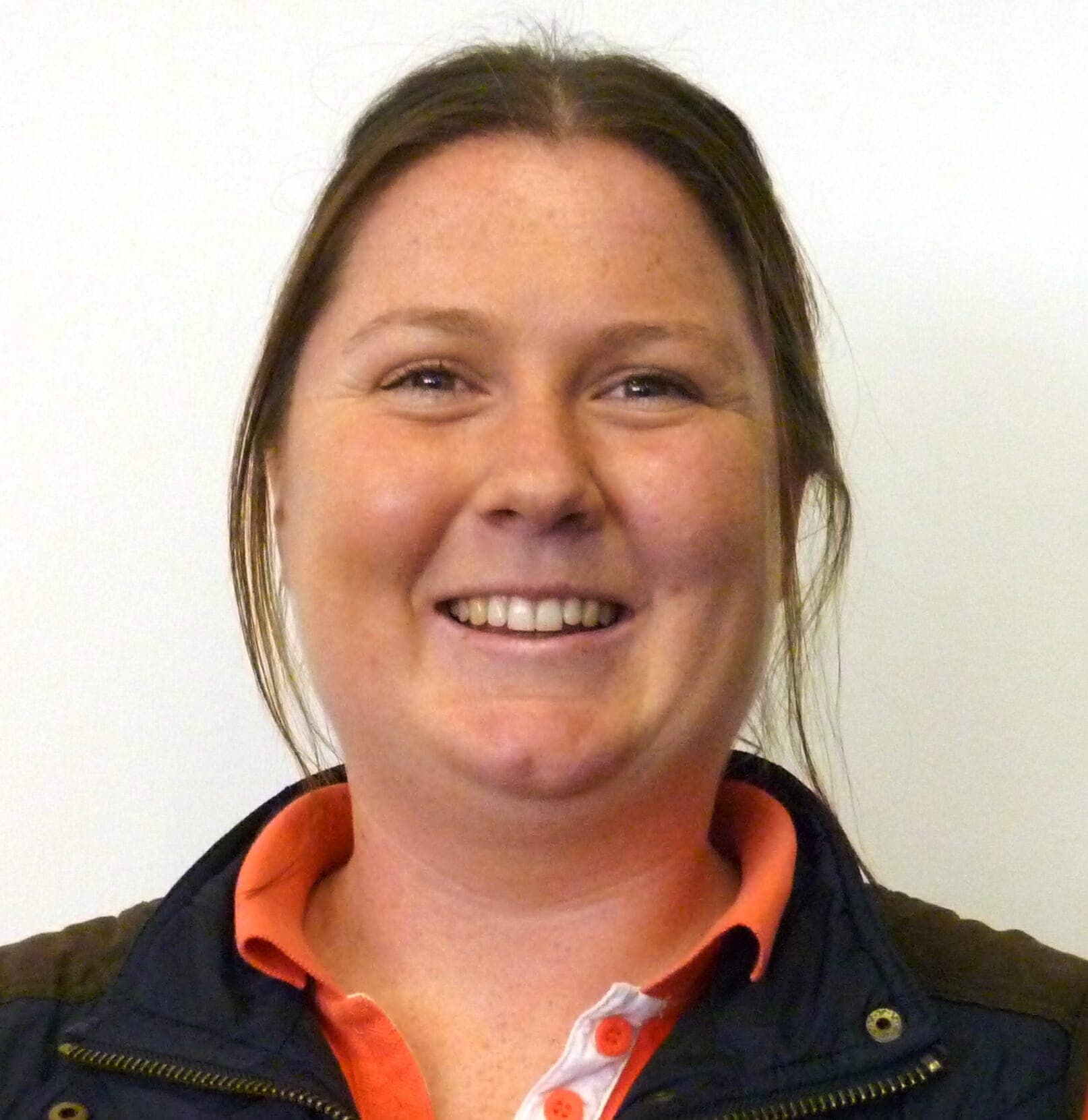
In 2009, Sam completed a Bachelor of Equine Studies and it was during this time she developed an interest in equine nutrition. Pursuing this passion, Sam went on to complete her Honours followed by her Masters degree in equine nutrition at The University of Melbourne. Since 2015, Sam has worked as an independent nutritionist and enjoys supporting horse owners manage their horse’s nutrition in her role with FeedXL. To learn more about Sam and to ‘meet’ the rest of the FeedXL team, check out our About Us page here.
Do you have a question or comment? Do you need help with feeding?
We would love to welcome you to our FeedXL Horse Nutrition Facebook Group. Ask questions and have them answered by PhD and Masters qualified equine nutritionists and spend time with like-minded horse owners. It’s free!
Click here to join the FeedXL Horse Nutrition Facebook Group

